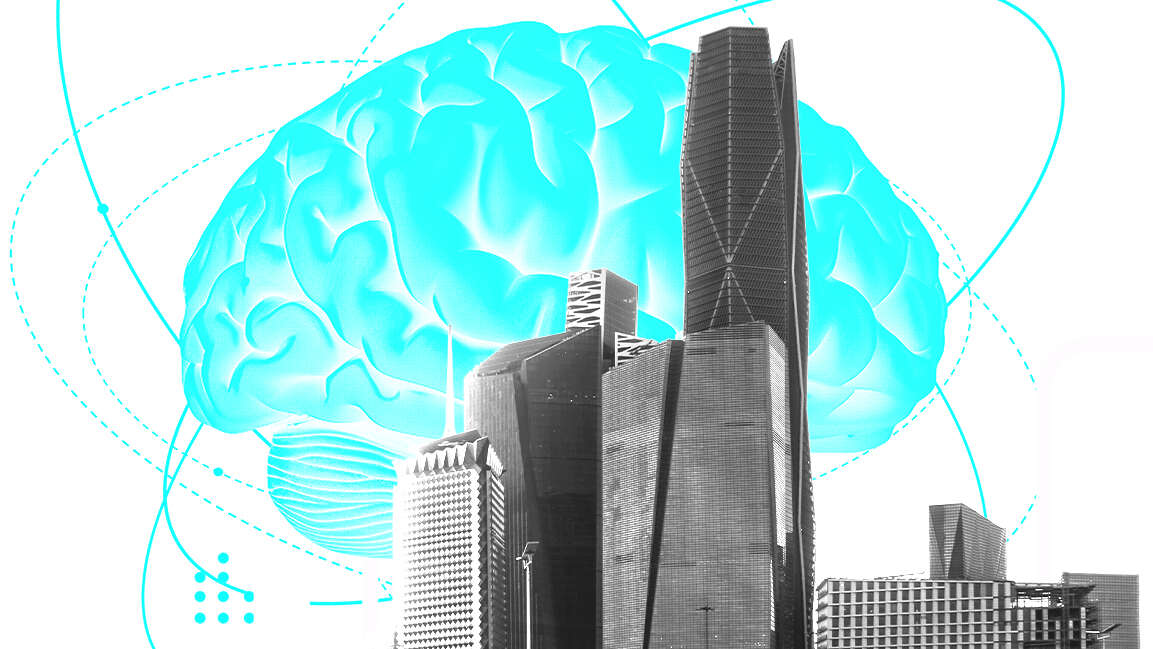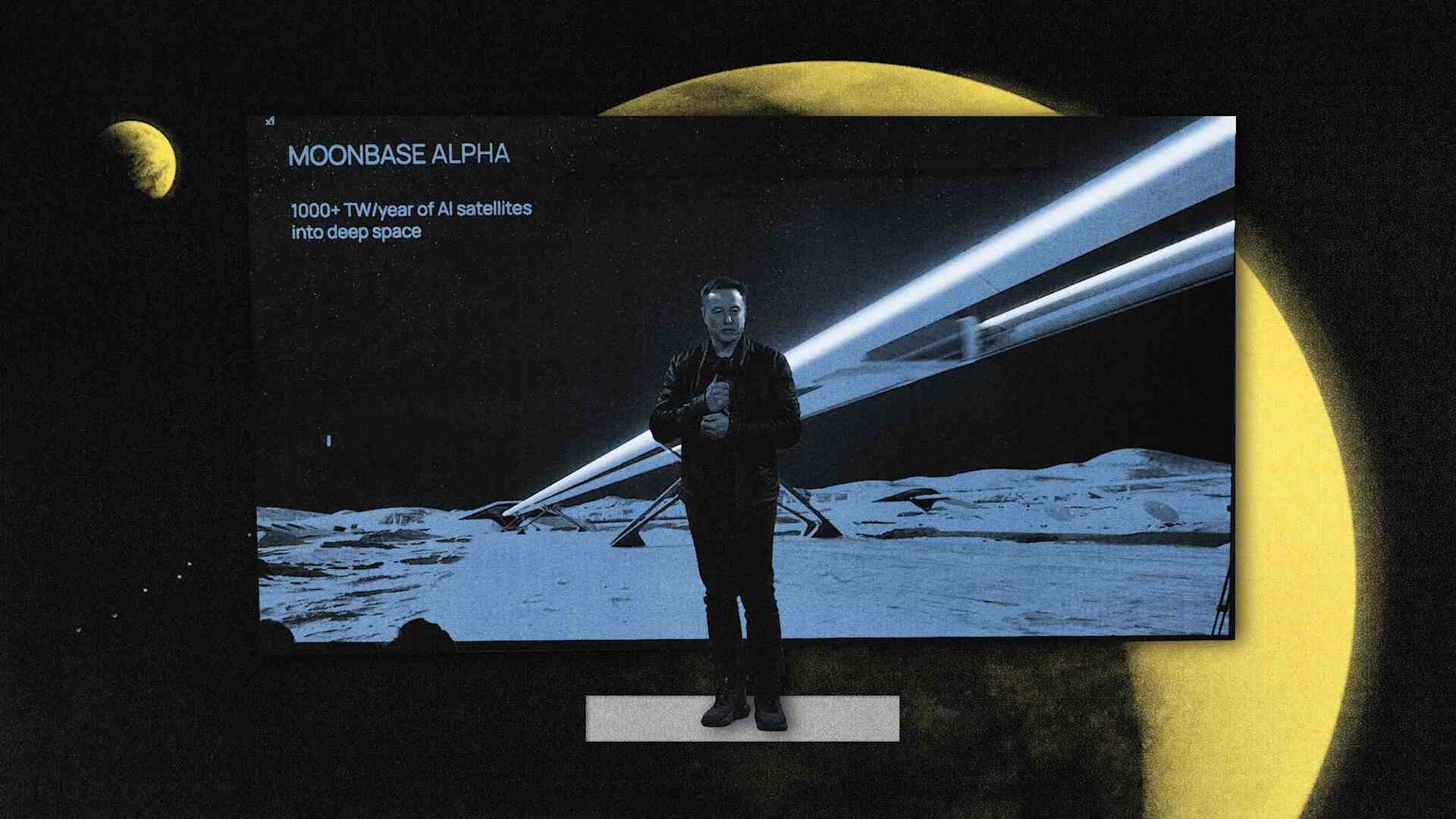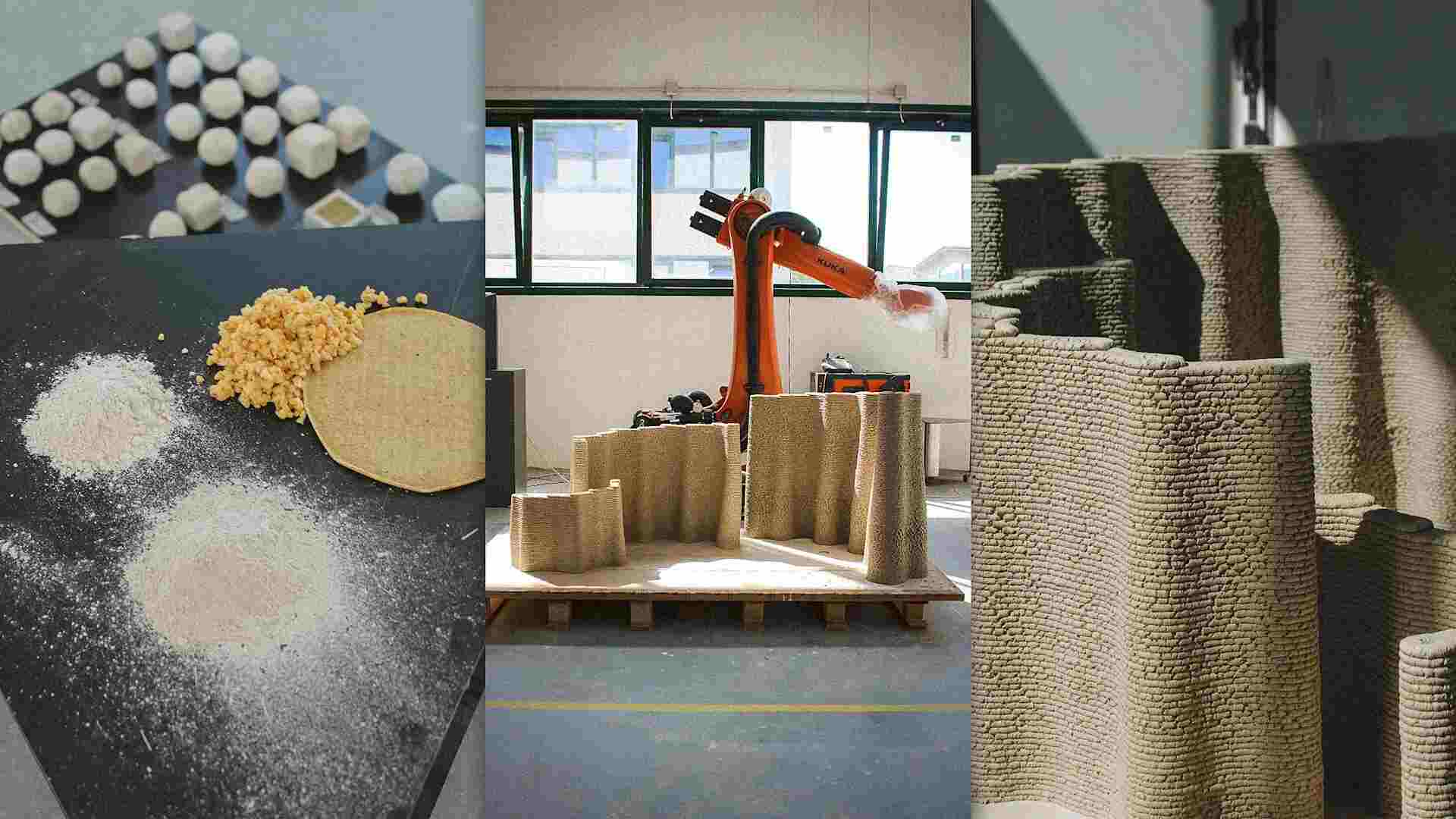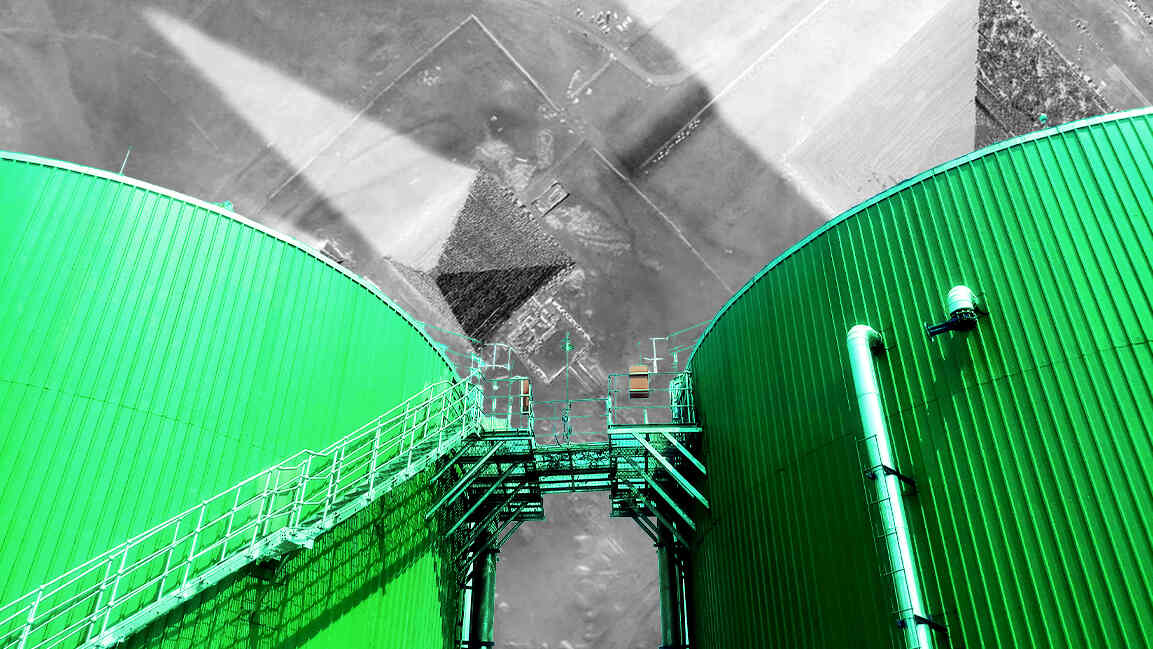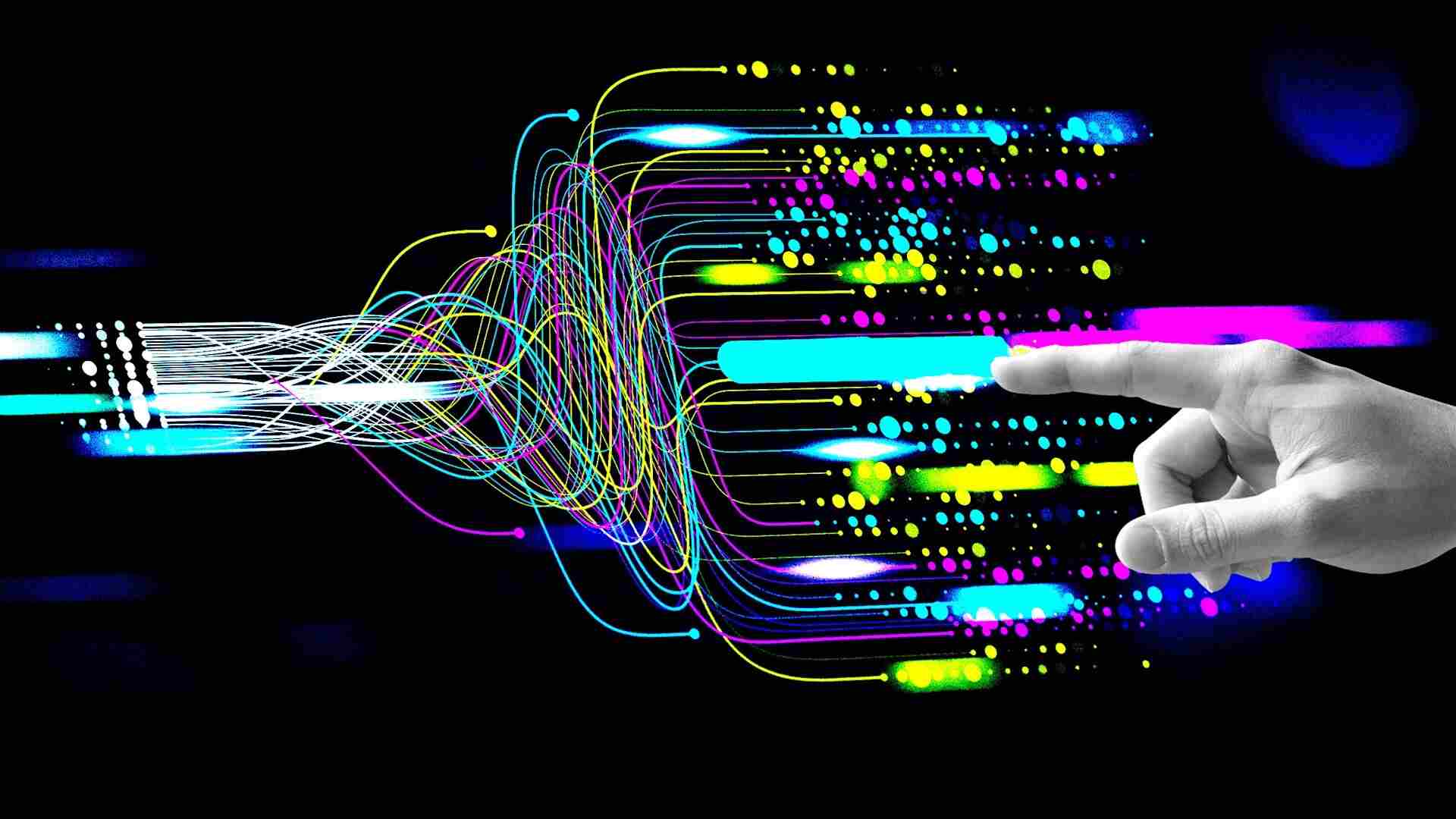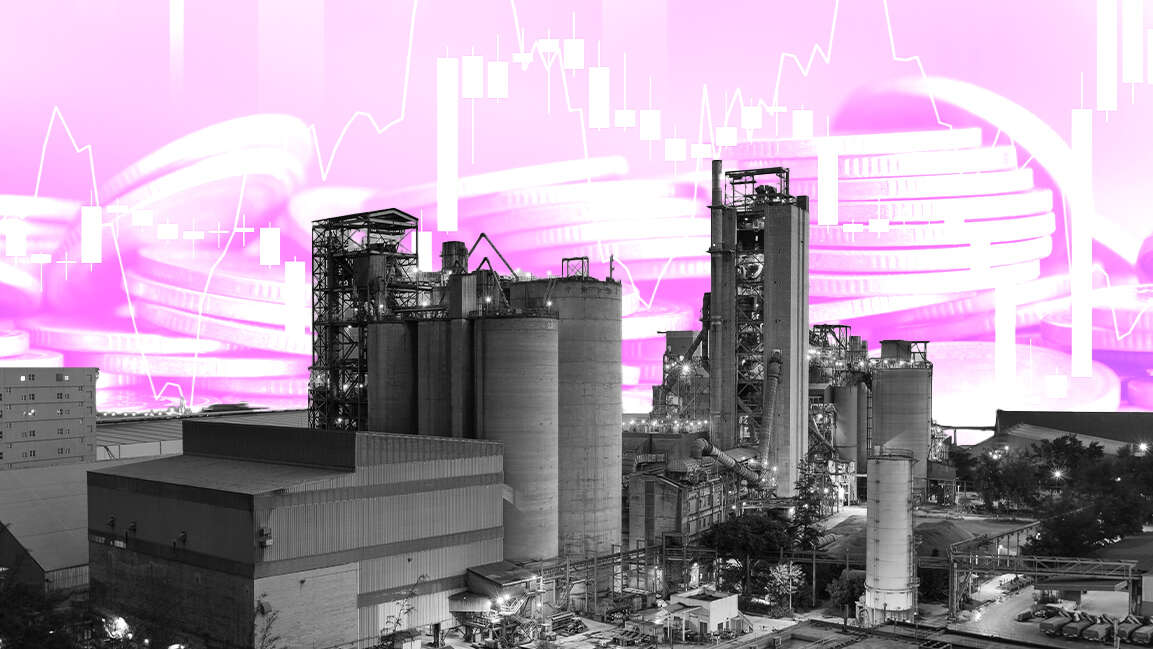- | 12:00 pm
Dubai unveiling zero-emission public transport initiative by 2050
Taxis, limos, and public buses in Dubai will undergo a conversion to electric or hydrogen vehicles.
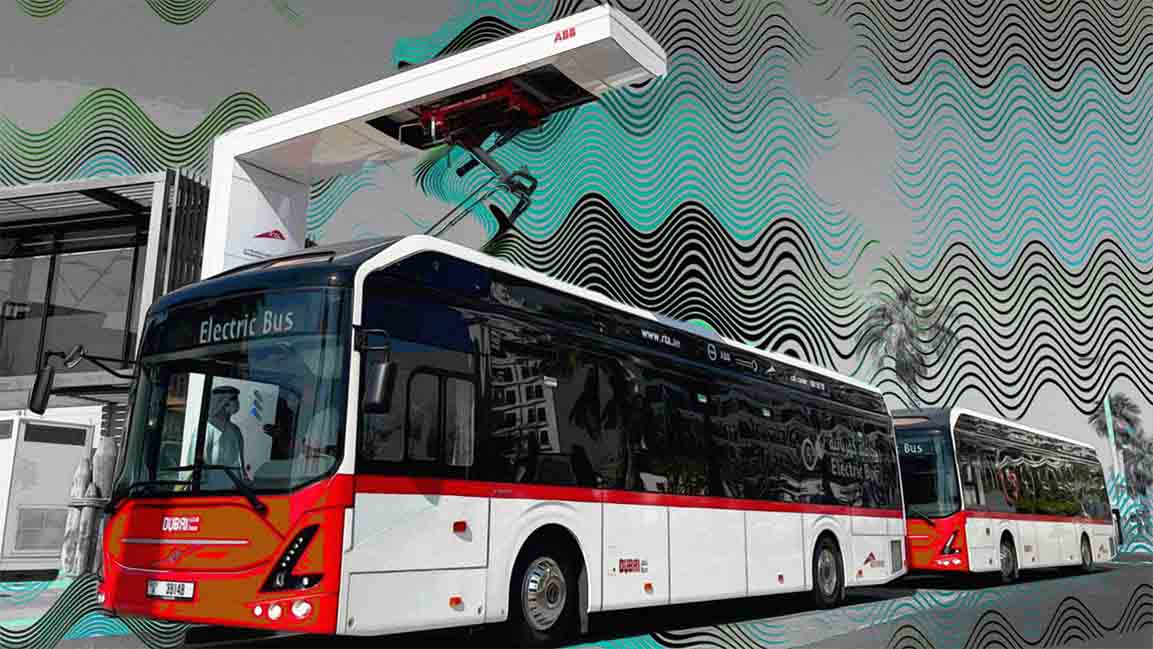
Dubai has implemented its Zero-Emissions Public Transportation in Dubai 2050 strategy, introducing electric or hydrogen buses for commuters.
Dubai’s Roads and Transport Authority has set forth a comprehensive plan to achieve several objectives in the coming years. This initiative includes decarbonizing taxis, limousines, and public buses, designing energy-efficient buildings, utilizing renewable energy sources, and eliminating landfill waste by adopting a zero-waste approach.
Dubai’s Roads and Transport Authority expects to achieve significant environmental and economic benefits by implementing this strategy. They anticipate a reduction of 10 million tons of carbon dioxide emissions and an estimated savings of $817 million. This initiative is pioneering in the Middle East as it aims to establish a long-term plan for adopting net-zero emission public transport. The strategy primarily focuses on three key areas: green public transportation, energy-efficient buildings and facilities, and efficient waste management.
The Roads and Transport Authority aims to gradually transition its public transportation fleet to electric and hydrogen vehicles as part of the plan. The goal is to convert 10% of public buses to these cleaner alternatives by 2030, increasing to 20% by 2035 and eventually achieving a complete transition by 2050.
In addition, the plan includes the conversion of taxis and limousines in Dubai. The objective is to convert 30% of these vehicles to electric and hydrogen models by 2030, which will increase to 50% by 2035 and reach 100% by 2040.
Moreover, the plan extends to the emirate’s school buses, which will be converted into electric and hydrogen buses by 2030. This conversion will progressively increase to 30% by 2035 and achieve 100% electrification by 2050.
The strategy also focuses on enhancing the energy efficiency of buildings and facilities. The Roads and Transport Authority plans to retrofit its buildings and facilities with solar cell systems as part of this effort. By 2025, 24 structures will be equipped with solar panels. The objective is to retrofit and upgrade 74% of the buildings by 2030, eventually achieving 100% by 2045. Furthermore, starting from 2025, new buildings will be designed to have near-zero energy consumption.
Dubai’s Roads and Transport Authority has set a target of achieving zero municipal waste to landfills by 2030 through comprehensive reuse and recycling programs. Furthermore, they plan to increase recycled water usage in RTA’s buildings and facilities, aiming for a 40% utilization rate by 2050. These initiatives reflect the authority’s commitment to sustainable waste management and efficient water resource management.
“Our new strategy prioritizes sustainability, reducing carbon emissions, and achieving world-class mobility,” said Mattar Al Tayer, Director-General and Chairman of the Board of Executive Directors.
Al Tayer emphasized that the strategy is closely aligned with various local initiatives, including the Dubai Carbon Abatement Strategy 2030, Clean Energy Strategy 2050, Dubai Demand Side Management Strategy 2030, a waste management plan in Dubai, Dubai Climate Change Adaptation Strategy, and other relevant strategies, agreements, and initiatives. This alignment ensures a cohesive and integrated approach toward achieving sustainable and environmentally friendly transportation in Dubai.














